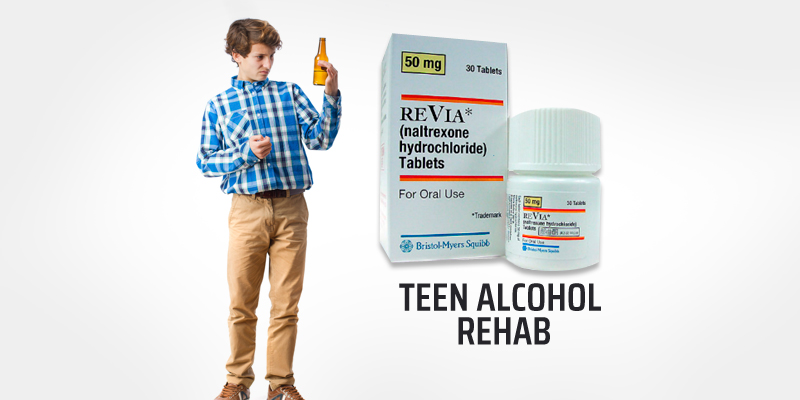Alcohol addiction can be disturbing at any stage of life. It becomes all the more dubious during the teenage. It is because these are the formative years; a time when our children are still young enough to positively counter any hard effect of drug. With alcohol addiction comes the feeling of withdrawal. Children who like going on high or worse, who feel bound to alcohol in perverse fashion, are more likely to go into a complete withdrawal stage.
They like being in their rooms; It’s another thing that they will break curfews and have physical fights if denied alcohol. Their brain starts functioning in a peculiarly odd way. They engage the thought of suicide far more.
The neurons that help fight against feelings of anxiety and depression are numbed and thus these feeling creep in. They get involved in far more thoughts of sex and they more or less become quite distant from social norms and society in general.
Those bloodshot eyes and repulsed face reveal a lot. You can just read an addict within a minute of seeing him or her. Teen alcoholism rehab is paramount. If the case is still within the ambit of treatment at home, then an amalgamation of medical and psychotherapeutic healing can help.
If the situation is far out of control then something like a drug rehab center (in the quasi-residential mould) can be effective. It is a different matter that teens have to be persuaded beyond persuasion to be sent away for treatment. It just hurts their false sense of ego.
They like living in denial. Going to a drug rehab center is an acknowledgement and acceptance of a given situation. Talking of medicines, Acamprosate is quite effective in taking away the craving of drugs from them.
Naltrexone takes away the feeling of euphoria attached to intoxication. With these two drugs are combined, cognitive behavior therapies and other psychotherapeutic healing. These therapies emphasize on suggesting a child about a drug free society.
These tell in unequivocal terms that there is an urgent need to withdraw from friends who practice alcohol and drugs; they implore the role of interaction with a drug free world. Slowly, a teen’s resolve and will power surfaces. At a point in treatment, he understands that he has to get out of the jaws of addiction. At this time, the medicines and mental healing both start assuming a greater role.
Teen alcoholism rehab can help him out of this impending crisis. After all, youth is not the right age to go down the slope, if ever any age was.
The central idea is to understand that they are young people and only love and healing can be productive in taking them out of the clutches of addiction. There is no such thing as forced healing. It can only be counter-productive.
